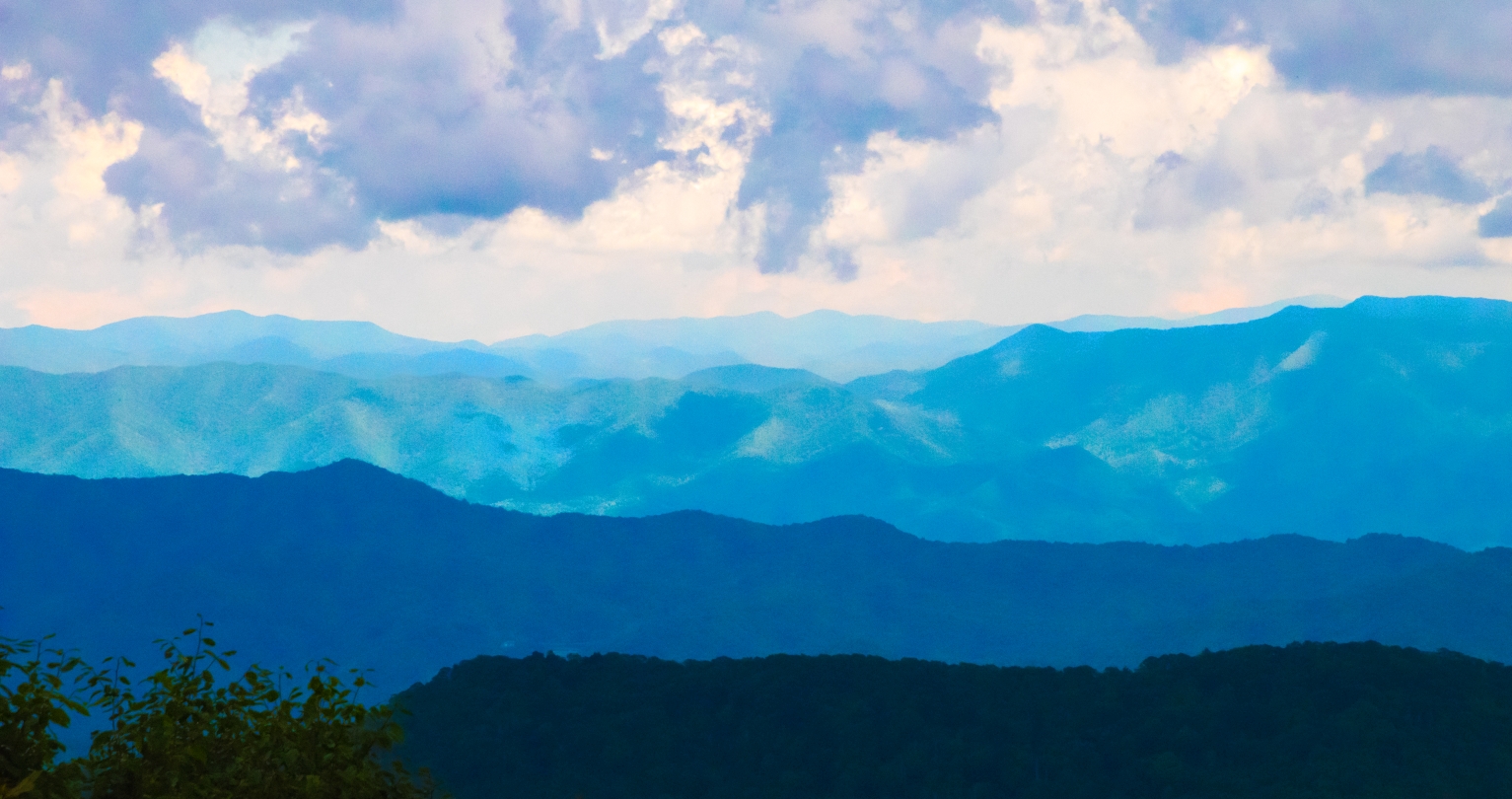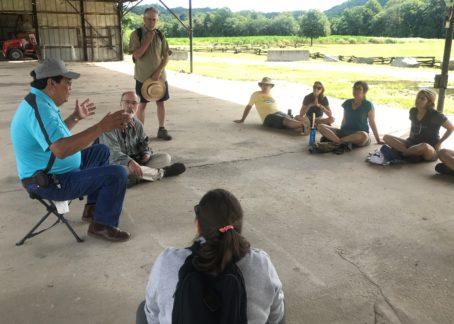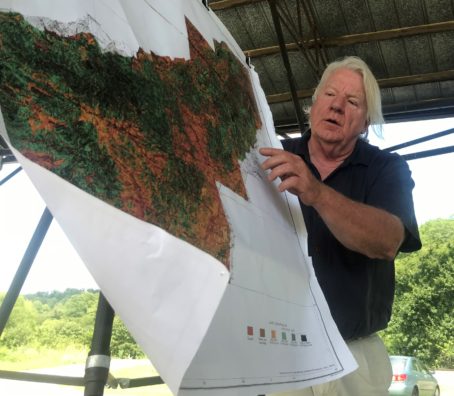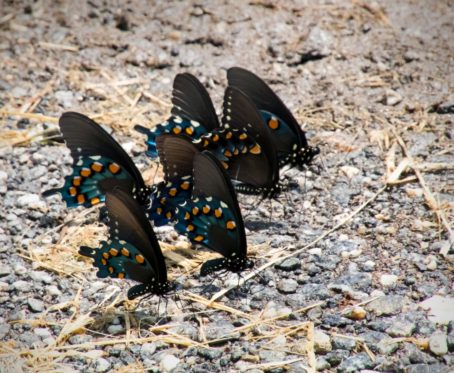Eco-A in conversation with Cherokee Leader Tom Belt
September 14, 2018




Top photo, Great Smoky Mountains view, and pipevine swallowtail butterflies at Kituwah (above) by Tony Thaxton Jr.
Uncategorized » Eco-A in conversation with Cherokee Leader Tom Belt
September 14, 2018




Top photo, Great Smoky Mountains view, and pipevine swallowtail butterflies at Kituwah (above) by Tony Thaxton Jr.
This entry was posted on Friday, September 14th, 2018 at 7:08 am and is filed under Uncategorized. You can follow any responses to this entry through the RSS 2.0 feed. You can skip to the end and leave a response. Pinging is currently not allowed.
A healthier relationship to our natural environment begins when we learn more about the unusually rich array of native trees, plants & wildlife found in our eco-region -- even in our own backyards!
EcoAddendum makes knowledge about our native ecology in Atlanta, Georgia & the Southeast easily accessible to diverse audiences throughout our region.
Come walk with us, and help by donating or volunteering today!
Education | Native Plants | Donations & Membership | Walk About Down Yonder | About | Contact Us
650 Ponce De Leon Ave Ste. 300 #2044, Atlanta, GA 30308
Another great article!
Very informative article. Much thanks again. Keep writing. Ronda Dunc Dorfman